Navigating The Festive Landscape: A Comprehensive Guide To Public Holidays In 2025
Navigating the Festive Landscape: A Comprehensive Guide to Public Holidays in 2025
Related Articles: Navigating the Festive Landscape: A Comprehensive Guide to Public Holidays in 2025
Introduction
In this auspicious occasion, we are delighted to delve into the intriguing topic related to Navigating the Festive Landscape: A Comprehensive Guide to Public Holidays in 2025. Let’s weave interesting information and offer fresh perspectives to the readers.
Table of Content
Navigating the Festive Landscape: A Comprehensive Guide to Public Holidays in 2025

The year 2025 presents a unique tapestry of public holidays, offering opportunities for relaxation, reflection, and celebration. Understanding the nuances of these designated days can significantly enhance personal and professional planning, ensuring optimal utilization of time and resources. This comprehensive guide delves into the diverse spectrum of public holidays in 2025, providing insightful analysis and practical tips for navigating this festive landscape.
A Global Perspective: Recognizing Diverse Traditions
Public holidays are not merely designated days off; they are reflections of cultural heritage, historical significance, and shared values. 2025 witnesses a vibrant tapestry of celebrations across the globe, each holding unique meaning and significance. From the joyous festivities of Christmas and New Year’s Day to the somber reflection of Remembrance Day, these holidays offer opportunities to connect with diverse traditions and foster a deeper understanding of global cultures.
The Calendar’s Rhythm: A Detailed Breakdown of Public Holidays in 2025
Navigating the year’s public holidays requires a clear understanding of their dates and associated significance. The following breakdown provides a comprehensive overview of key holidays in 2025, highlighting their cultural relevance and potential impact on personal and professional schedules:
January:
- New Year’s Day (January 1st): This global celebration marks the beginning of a new year, offering an opportunity for reflection and setting fresh resolutions.
- Martin Luther King Jr. Day (Third Monday in January): Observed in the United States, this holiday honors the legacy of Dr. Martin Luther King Jr., a prominent civil rights leader.
February:
- Groundhog Day (February 2nd): This lighthearted tradition, observed primarily in the United States and Canada, involves watching a groundhog emerge from its burrow to predict the remaining length of winter.
- Valentine’s Day (February 14th): This day of romance and affection is celebrated worldwide, offering an opportunity to express love and appreciation for loved ones.
- Presidents’ Day (Third Monday in February): Observed in the United States, this holiday honors the contributions of past presidents.
March:
- St. Patrick’s Day (March 17th): This cultural celebration of Ireland’s patron saint, St. Patrick, is observed worldwide, featuring parades, traditional music, and green attire.
- Good Friday (March 28th): This Christian holiday commemorates the crucifixion of Jesus Christ, observed as a day of reflection and prayer.
- Easter Sunday (March 30th): This Christian holiday celebrates the resurrection of Jesus Christ, often associated with spring and new beginnings.
April:
- Easter Monday (March 31st): This Christian holiday, observed in many countries, follows Easter Sunday and provides an additional day of celebration.
- April Fool’s Day (April 1st): This lighthearted tradition, observed worldwide, involves playing harmless pranks and jokes on friends and family.
May:
- May Day (May 1st): This international holiday, observed in many countries, celebrates the arrival of spring and the renewal of nature.
- Mother’s Day (Second Sunday in May): This day dedicated to honoring mothers is observed worldwide, offering an opportunity to express gratitude and love.
June:
- Memorial Day (Last Monday in May): Observed in the United States, this holiday honors those who died while serving in the US military.
- Father’s Day (Third Sunday in June): This day dedicated to honoring fathers is observed worldwide, offering an opportunity to express gratitude and love.
July:
- Canada Day (July 1st): This national holiday celebrates the anniversary of Canada’s confederation.
- Independence Day (July 4th): This national holiday in the United States commemorates the signing of the Declaration of Independence.
August:
- Labor Day (First Monday in September): Observed in many countries, this holiday honors the contributions of workers.
September:
- Columbus Day (Second Monday in October): Observed in the United States, this holiday commemorates the arrival of Christopher Columbus in the Americas.
October:
- Halloween (October 31st): This holiday, observed worldwide, celebrates the spirits of the dead and is associated with costumes, trick-or-treating, and spooky decorations.
November:
- Remembrance Day (November 11th): This holiday, observed in many countries, commemorates the end of World War I and honors those who died in service.
- Thanksgiving Day (Fourth Thursday in November): Observed in the United States and Canada, this holiday is a time for gratitude, family gatherings, and feasting.
December:
- Christmas Day (December 25th): This Christian holiday celebrates the birth of Jesus Christ, often associated with gift-giving, festive decorations, and family gatherings.
- Boxing Day (December 26th): This holiday, observed in many countries, is traditionally a day for giving gifts to those in need and is often associated with post-Christmas shopping.
- New Year’s Eve (December 31st): This holiday, observed worldwide, marks the end of the year and is often celebrated with parties and fireworks.
Beyond the Calendar: Unveiling the Importance and Benefits of Public Holidays
Public holidays serve a multifaceted purpose, extending beyond mere days off. They offer a unique blend of economic, social, and cultural benefits, shaping individual lives and societal fabric:
- Economic Boost: Public holidays often stimulate economic activity, as individuals engage in leisure activities, travel, and shopping. This increased spending contributes to economic growth and supports various industries.
- Social Cohesion: Public holidays provide opportunities for individuals to connect with family and friends, fostering social bonds and strengthening community ties. Shared celebrations and traditions reinforce a sense of belonging and shared identity.
- Cultural Preservation: Public holidays serve as powerful reminders of cultural heritage and historical significance. They offer opportunities to engage with traditions, learn from the past, and celebrate shared values.
- Mental and Physical Wellbeing: Public holidays provide a much-needed break from routine, allowing individuals to recharge and prioritize their mental and physical wellbeing. This respite from work and daily responsibilities can improve productivity and overall quality of life.
FAQs: Addressing Common Queries about Public Holidays in 2025
Q: How do public holidays impact business operations?
A: Public holidays can significantly impact business operations, requiring adjustments to schedules, staffing levels, and service availability. Businesses must plan ahead to ensure continuity of operations and customer satisfaction.
Q: What are the legal implications of public holidays?
A: Public holidays are often legally recognized, with specific regulations governing employee rights and business operations. Understanding these regulations is crucial for compliance and avoiding legal complications.
Q: How can I plan my personal schedule around public holidays?
A: Planning ahead is essential for maximizing the benefits of public holidays. Consider personal priorities, travel plans, and potential scheduling conflicts to create a balanced and fulfilling calendar.
Q: What are the cultural customs associated with specific public holidays?
A: Each public holiday carries unique cultural customs and traditions. Researching these traditions can enhance understanding, appreciation, and engagement with the holiday’s spirit.
Tips for Navigating Public Holidays in 2025
- Plan Ahead: Proactively plan for upcoming public holidays, considering their impact on personal and professional schedules.
- Stay Informed: Remain updated on any changes or updates to public holiday dates or regulations.
- Respect Cultural Differences: Be mindful of cultural differences and traditions associated with specific holidays.
- Embrace the Festivities: Take advantage of public holidays to engage in leisure activities, connect with loved ones, and celebrate shared traditions.
- Prioritize Wellbeing: Utilize public holidays as opportunities for relaxation, reflection, and prioritizing mental and physical wellbeing.
Conclusion: Embracing the Festive Landscape
2025 presents a unique opportunity to embrace the vibrant tapestry of public holidays, acknowledging their cultural significance, economic impact, and potential for personal and professional growth. By understanding the nuances of these designated days, individuals and organizations can navigate the festive landscape effectively, maximizing the benefits and minimizing potential disruptions. Planning ahead, staying informed, and embracing the spirit of celebration are key to making the most of this festive year.



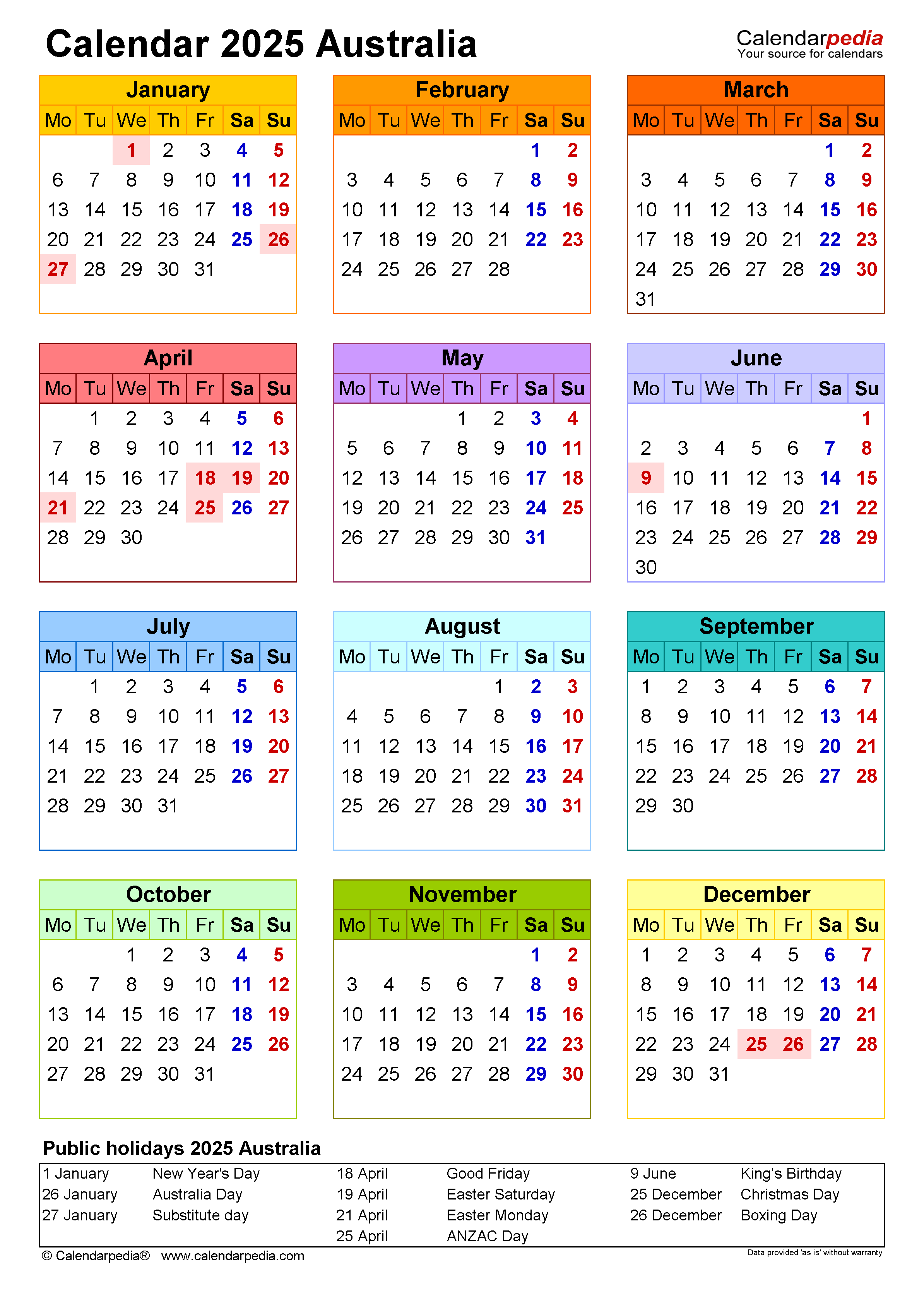
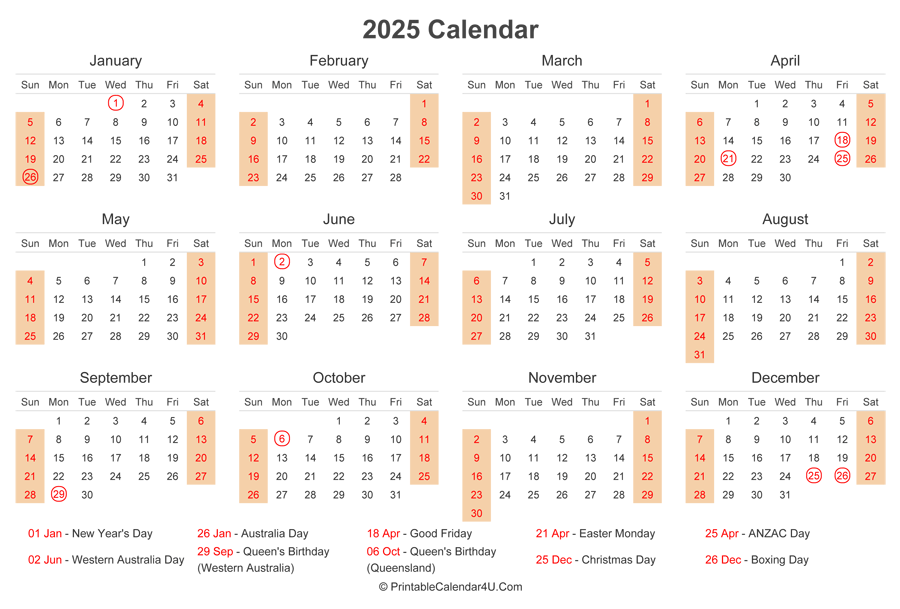
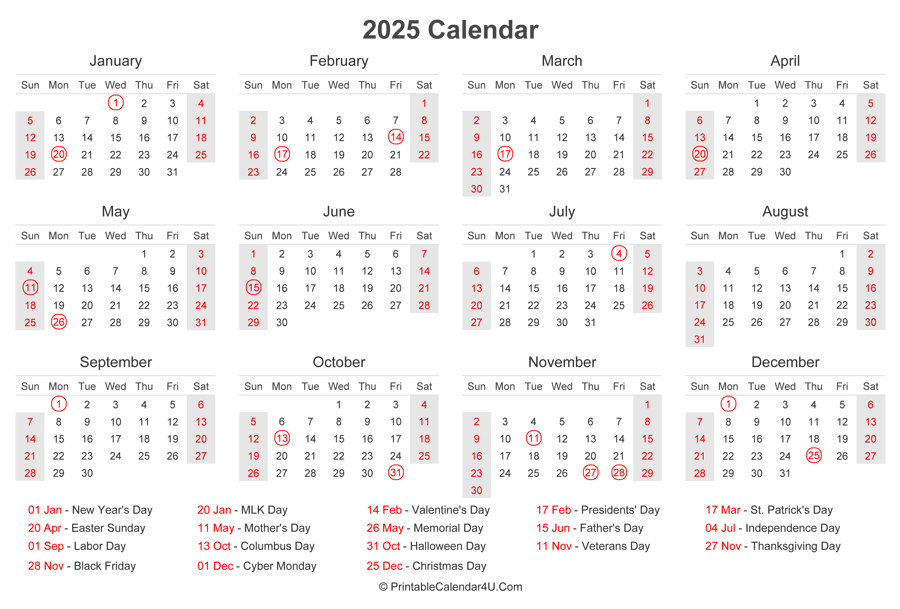
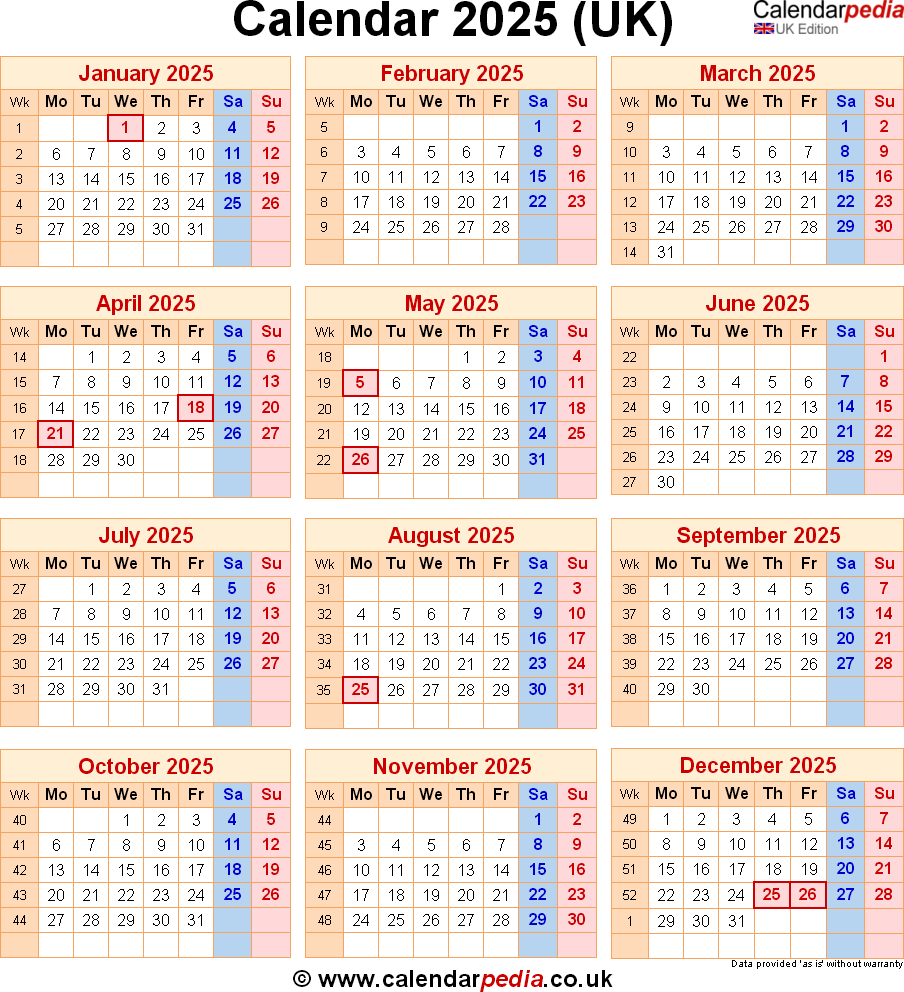
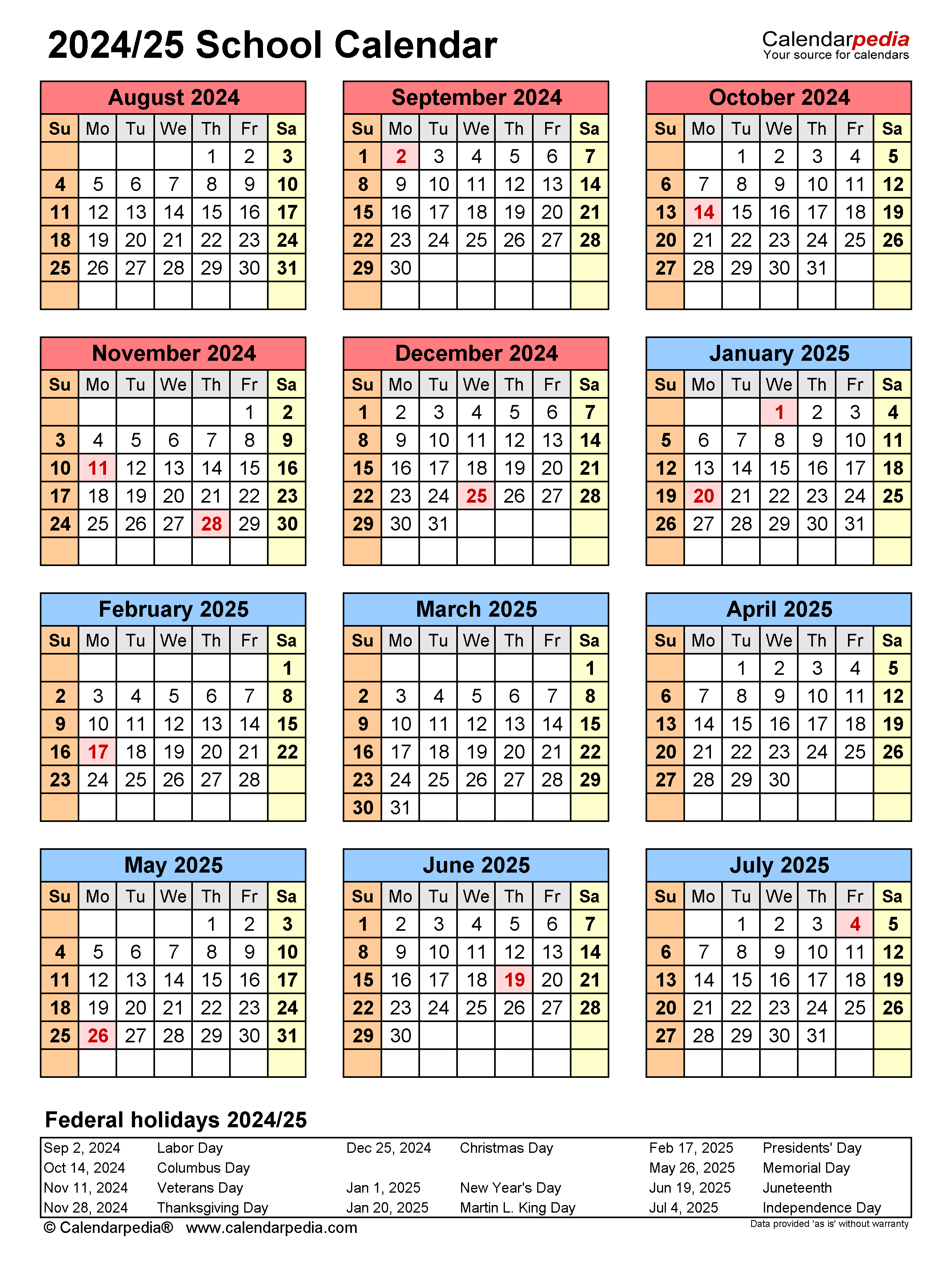
Closure
Thus, we hope this article has provided valuable insights into Navigating the Festive Landscape: A Comprehensive Guide to Public Holidays in 2025. We thank you for taking the time to read this article. See you in our next article!